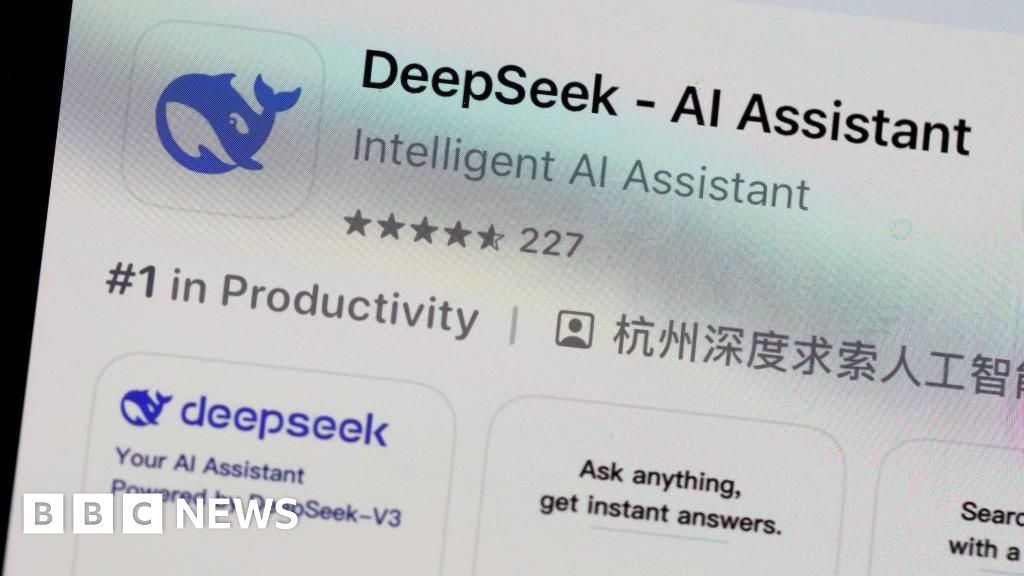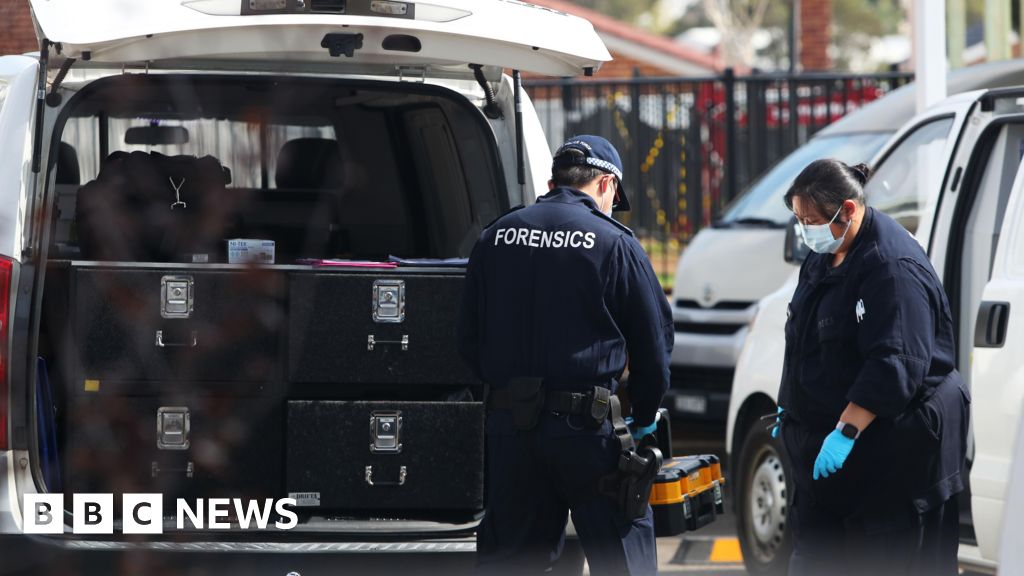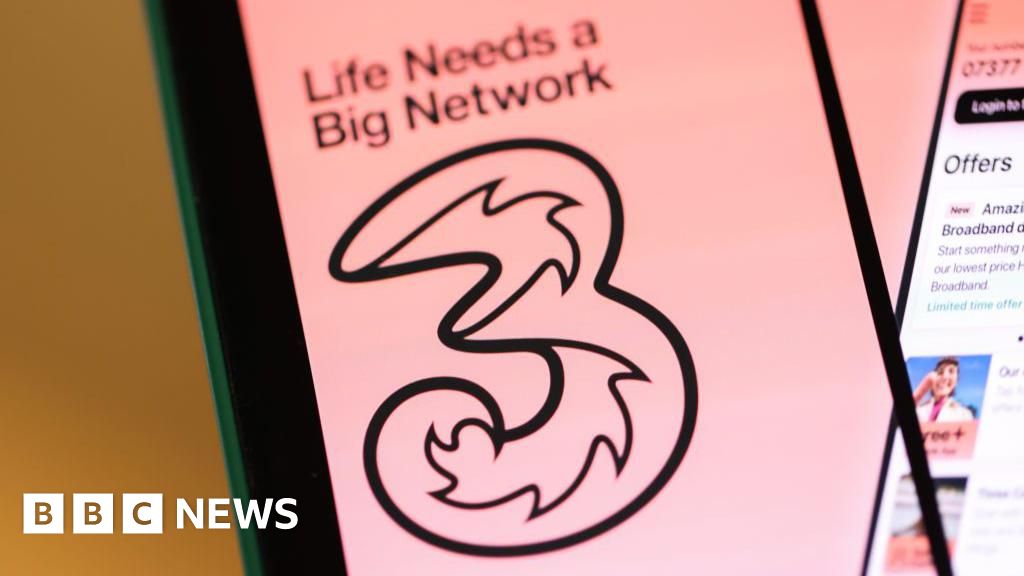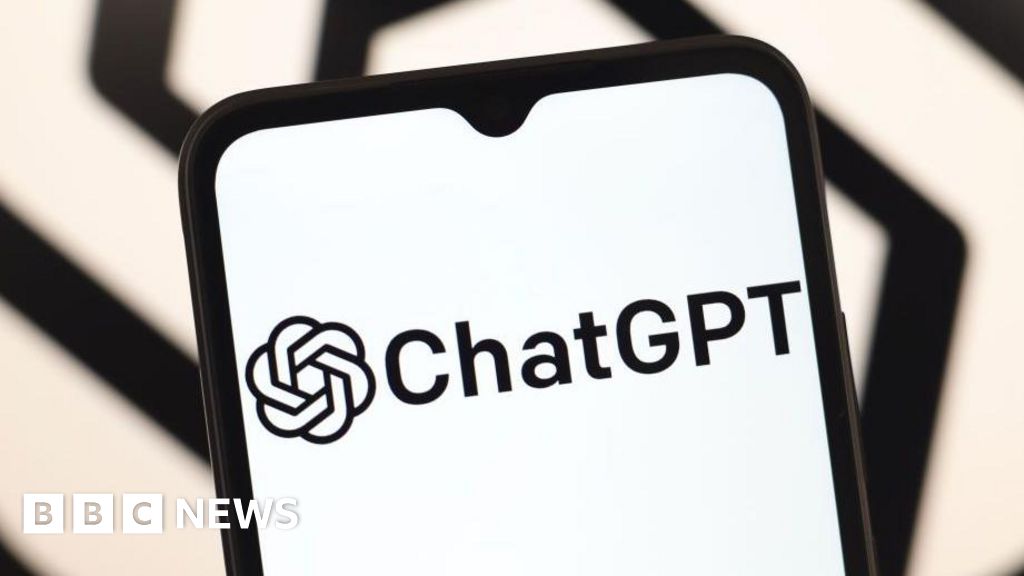There was a "clear connection" between the violent disorder in the UK in the summer and posts on social media and messaging apps, Ofcom has concluded.
The government had asked the media regulator to consider how illegal content, particularly disinformation, spread during the unrest.
In an open letter setting out its findings, Ofcom boss Dame Melanie Dawes said such content spread "widely and quickly" online following the stabbings in Southport, in July, which preceded the disorder.
She added most online services took "rapid action", but said the responses of some firms were "uneven."
"Misinformation appeared online almost immediately after the attacks, some of it appearing to have malicious intent and seeking to influence public opinion and reaction," Dame Melanie wrote.
"Posts about the Southport incident and subsequent events from high-profile accounts reached millions of users, demonstrating the role that virality and algorithmic recommendations can play in driving divisive narratives in a crisis period," she added.
At the time of the unrest, Ofcom faced criticism for not doing more to rein in the spread of untrue and inflammatory content.
It urged tech firms to take action - but also pointed out the enhanced powers it is due to get under the Online Safety Act had not yet come into force.
The act will see the creation of codes of practice for big tech firms which will place new responsibilities on them for tackling disinformation.
"I am confident that, had the draft Codes been in force at the time, they would have provided a firm basis for urgent engagement with services on the steps they were taking to protect UK users from harm," Dame Melanie wrote.
She said the new powers set "clear standards" for what Ofcom would expect to see in future from big tech firms, such as:
Specifying in their terms of service provisions how individuals are to be protected from priority illegal contentHaving systems designed to swiftly take down illegal content and having "adequately resourced" content moderation teams Providing effective and accessible mechanisms for users to complain about illegal content, including on messaging platformsThe unrest which broke out in August 2024 was the worst that had been seen in the UK for a decade.
It was followed by waves of arrests and prosecutions, some for online offences.
The role that big tech played was subject to much scrutiny - though the platforms themselves remained largely silent.
The prime minister also got dragged into a war of words with one of the highest profile people in tech - X owner Elon Musk.
The tech billionaire suggested that "civil war is inevitable" following the disorder.
Sir Keir Starmer hit back saying there was "no justification" for Mr Musk's comments, adding there was more that social media companies "can and should be doing".

 Movie
Movie 3 months ago
79
3 months ago
79 





![Presidents Day Weekend Car Sales [2021 Edition] Presidents Day Weekend Car Sales [2021 Edition]](https://www.findthebestcarprice.com/wp-content/uploads/Presidents-Day-Weekend-car-sales.jpg)



 English (United States)
English (United States)